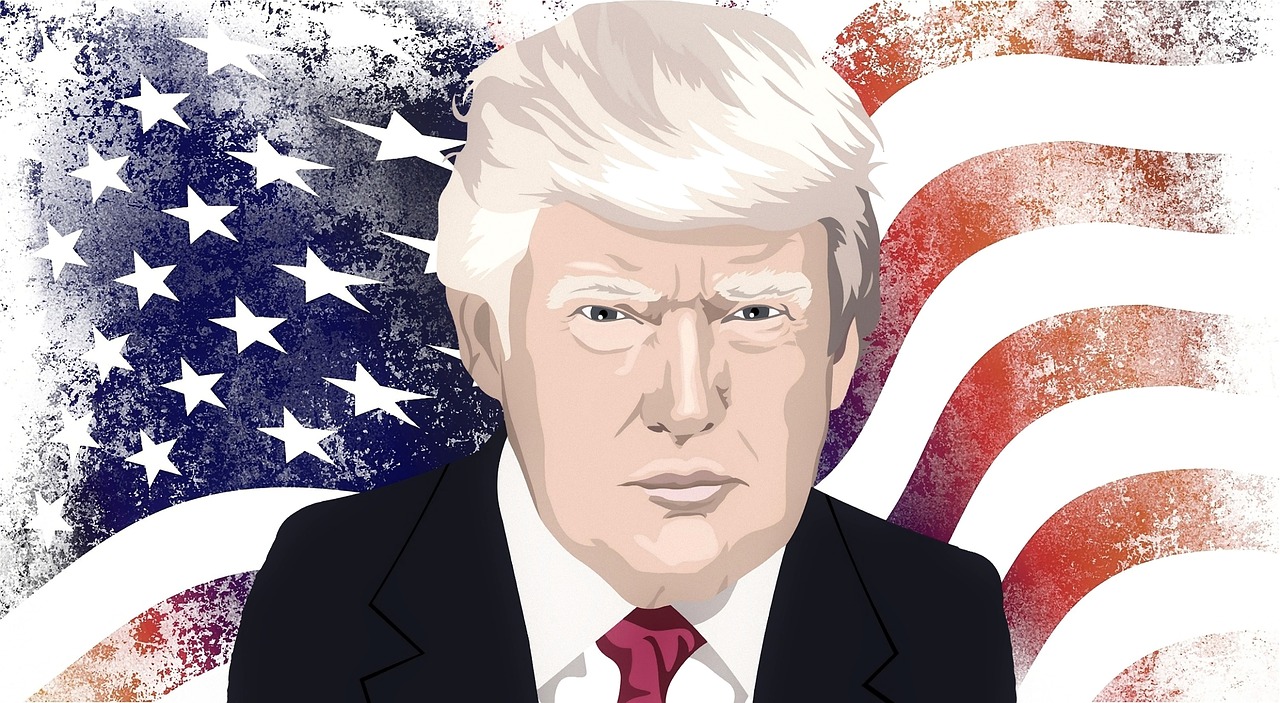
TikTok is by far the most popular app for teenagers in the world right now – and now the US is checking to see if it poses a threat to national security. Because the video app is Chinese.
Specifically, the US government has initiated, according to US media reports, a national security clearance of the acquisition of the video app Musical.ly by the Chinese TikTok parent company ByteDance. Although the takeover took place two years ago, US Congressmen have been calling for a security clearance from TikTok in recent weeks.
At the takeover, ByteDance said Musical.ly would continue as its own service – but less than a year later, Musical.ly was merged with its own – similar – service TikTok. Since then, TikTok has become a global hype – at a time when the US and China are hanging over each other because of the trade dispute.
Highest number of downloads
TikTok, on which minivideos are posted, is particularly popular with teenagers. About 60 percent of the 26.5 million monthly active users in the US are between 16 and 24 years old, according to the company. Last year, the TikTok app was downloaded 750 million times worldwide, more than Facebook, Instagram, YouTube and Snapchat, the New York Times reported, citing research firm Sensor Tower.
The congressman claims to be worried that the Chinese company ByteDance could censor politically sensitive content. They are also concerned about what China could do with the huge amounts of US citizen data. In addition to censorship and privacy concerns, they also expressed their concern that TikTok could also be used to influence elections from abroad.
The concerns are thus not entirely unlike those expressed to the US company Facebook in other countries and now in the US itself. The US is committed to maintaining its supremacy in the digital industries. This is – also in the form of the preservation of copyright rights – also a central issue in the trade dispute with China.
Last week, Senate Democratic minority leader Chuck Schumer and Republican Senator Tom Cotton called for a security clearance. For his part, Republican US Representative Marco Rubio tweeted that he had asked the Treasury Department last month to investigate ByteDance for possible national security risks.
Last month I asked @USTreasury to conduct a CFIUS review of @tiktok_us. Because any platform owned by a company in #China which collects massive amounts of data on Americans is a potential serious threat to our country.
https://t.co/iCvizN8Vhf
– Marco Rubio (@marcorubio) 1 November 2019
TikTok rejects censorship allegations
The Foreign Investment Committee in the US (CFIUS), which audits foreign takeovers for potential national security threats, has therefore commenced the audit. TikTok, when it took over Musical.ly, had not requested any release from CFIUS, which is located in the Ministry of Finance. Therefore, the now exam is possible. According to the New York Times, the authorities should have evidence that the app transmits data to China.
In contrast to The Times, a ByteDance spokesman said firmly: „We do not remove videos because they contain content from protests in Hong Kong.“ A former employee, who was not named, emphasized, according to „NYT“, that management is in the USA has instructed TikTok’s moderators to generally „hide“ video with political messages. They had not been removed, but the goal had been to prevent them from being widely shared in TikTok’s main feed. He had not been asked to delete specifically Chinese-critical videos.
The company said that the trust of users and regulators was „of the highest priority“. Part of this is the cooperation with the congress, „to which we confess ourselves“. According to Reuters, the committee is negotiating with TikTok about ways in which the Chinese company could avoid selling Musical.ly. What concerns CFIUS exactly, is not yet known. Review procedures of the committee are confidential.
Rising political pressure in the USA
Senator Josh Hawley tweeted that TikTok was due to attend a hearing next week on how tech companies are exposing consumer data in China to risks. Facebook boss Mark Zuckerberg, for whom TikTok is a big competitor, had recently also criticized TikTok for censorship.
Zuckerberg could do that twice.
Not only could a competitor be politically weakened. Zuckerberg sees itself in the US more and more pressure, Facebook should consider advertising by politicians on false statements. Zuckerberg rejects this – with reference to (close to) censorship. How social networks should deal with „fake news“ and lies on their platforms is a huge topic just before the US presidential election in 2020.
Regardless of the competition that the so-called social networks are providing, since 2016, however, there has also been a growing awareness in the USA that the platforms living on the data of their users need more political control.



